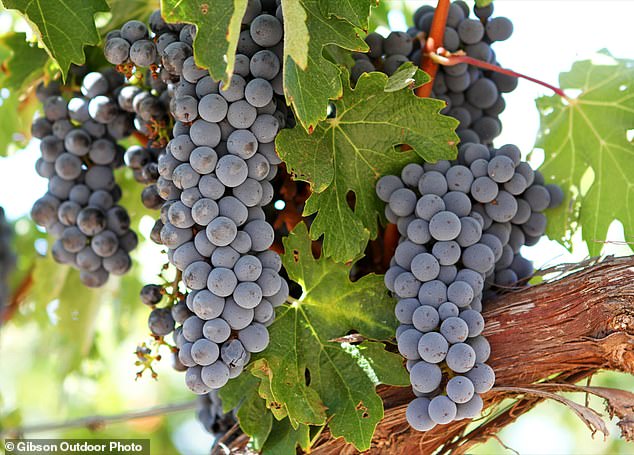
Climate Change Could Expand Wine Grape Cultivation to Yorkshire by 2100, Study Finds
Climate Change Could Make the UK a Hub for Cabernet Sauvignon by 2100
[Image: Cabernet Sauvignon grapes in a vineyard]
While countries like France, South Africa, and New Zealand dominate the wine industry today, climate change is reshaping the global wine map—and the UK is poised to benefit. A new report by Bain & Company reveals that rising temperatures could enable Cabernet Sauvignon, a red grape variety thriving in warm climates, to be grown as far north as Hull, Yorkshire, by 2100.
Shifting Wine Regions
Currently, Cabernet Sauvignon is rarely cultivated in the UK, limited to southeastern England’s warmer microclimates. However, by the end of the century, much of England, Wales, the Midlands, and East Anglia could support this grape. Northern Europe, including Germany, Poland, and the Baltic states, may also become viable. Meanwhile, traditional regions like southern France, Spain, and Italy risk becoming too hot, reducing yields.
[Image: Maps comparing current and projected 2100 Cabernet Sauvignon growing regions in Europe]
The UK’s Wine Boom
The UK’s wine industry is already flourishing due to milder temperatures. Sparkling wines, particularly from Sussex and Kent, have gained acclaim thanks to chalky soils akin to France’s Champagne region. Varieties like Chardonnay and Pinot Noir now thrive here, with vineyard acreage expanding 400% between 2004 and 2021. Warmer conditions could soon favor still wines and grapes like Sauvignon Blanc or Riesling.
[Image: Chapel Down Vineyard in Kent]
Challenges Ahead
While the UK benefits, Mediterranean regions face existential threats. A 2023 study warned that up to 90% of vineyards in Spain, Italy, Greece, and California could vanish if global temperatures rise beyond 2°C. Higher heat may also alter wine profiles, boosting alcohol content and reducing nuanced flavors.
Adapting to a New Climate
Experts urge the industry to invest in heat-resistant grapes and sustainable practices. As Professor Steve Dorling notes, “The climate challenge demands innovation—whether through policy reforms or new technologies.” For now, wine enthusiasts can toast to the UK’s emerging potential, even as the world grapples with a shifting viticultural landscape.
[Image: Graph showing UK vineyard growth since 2004]
In summary, climate change offers the UK a silver lining—a thriving wine industry—while traditional regions face an uncertain future.


